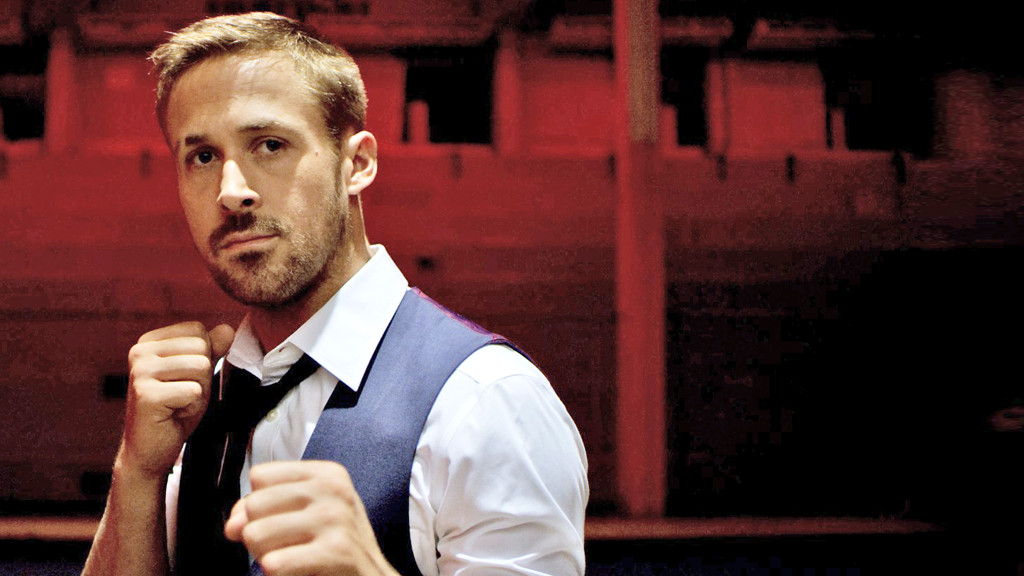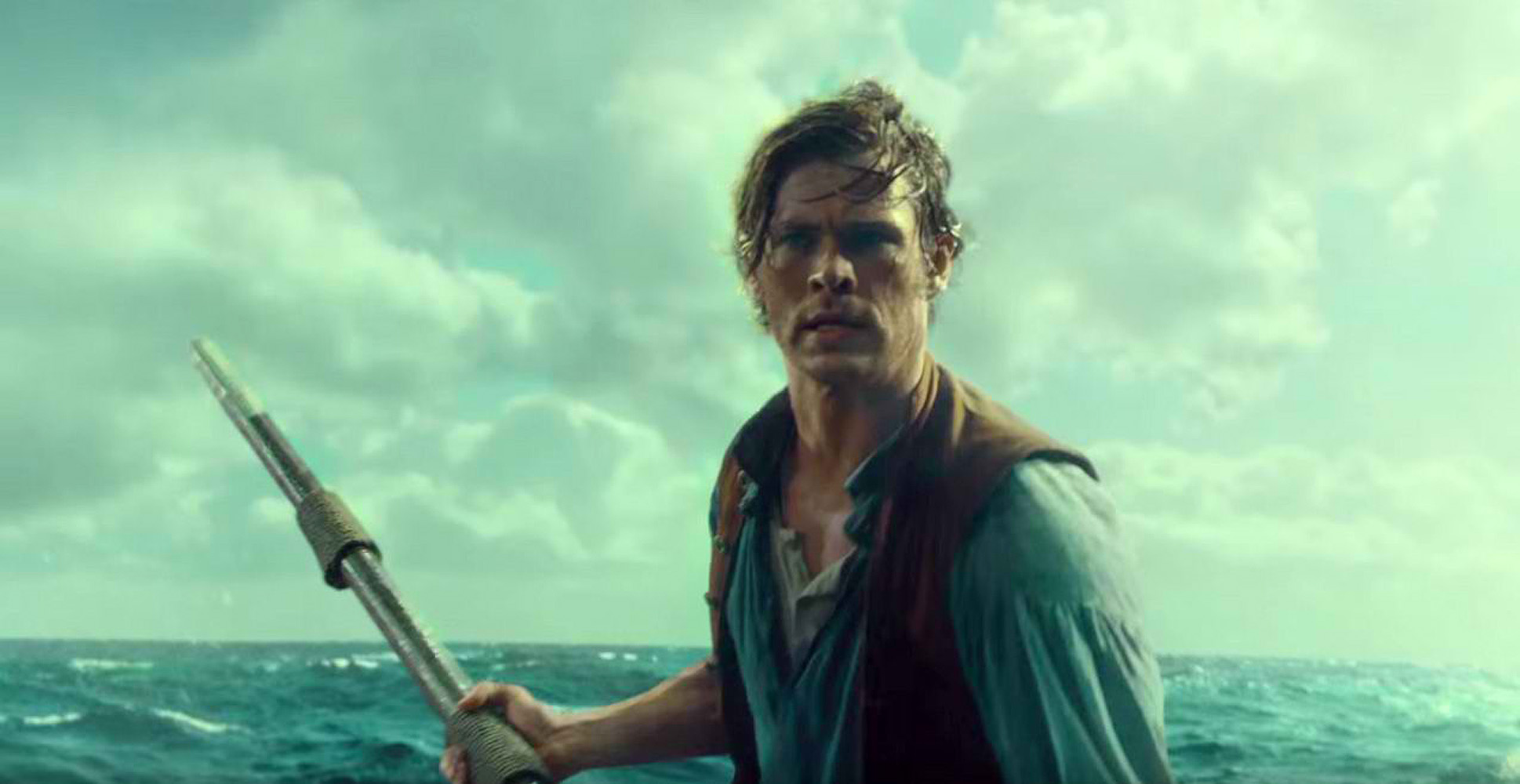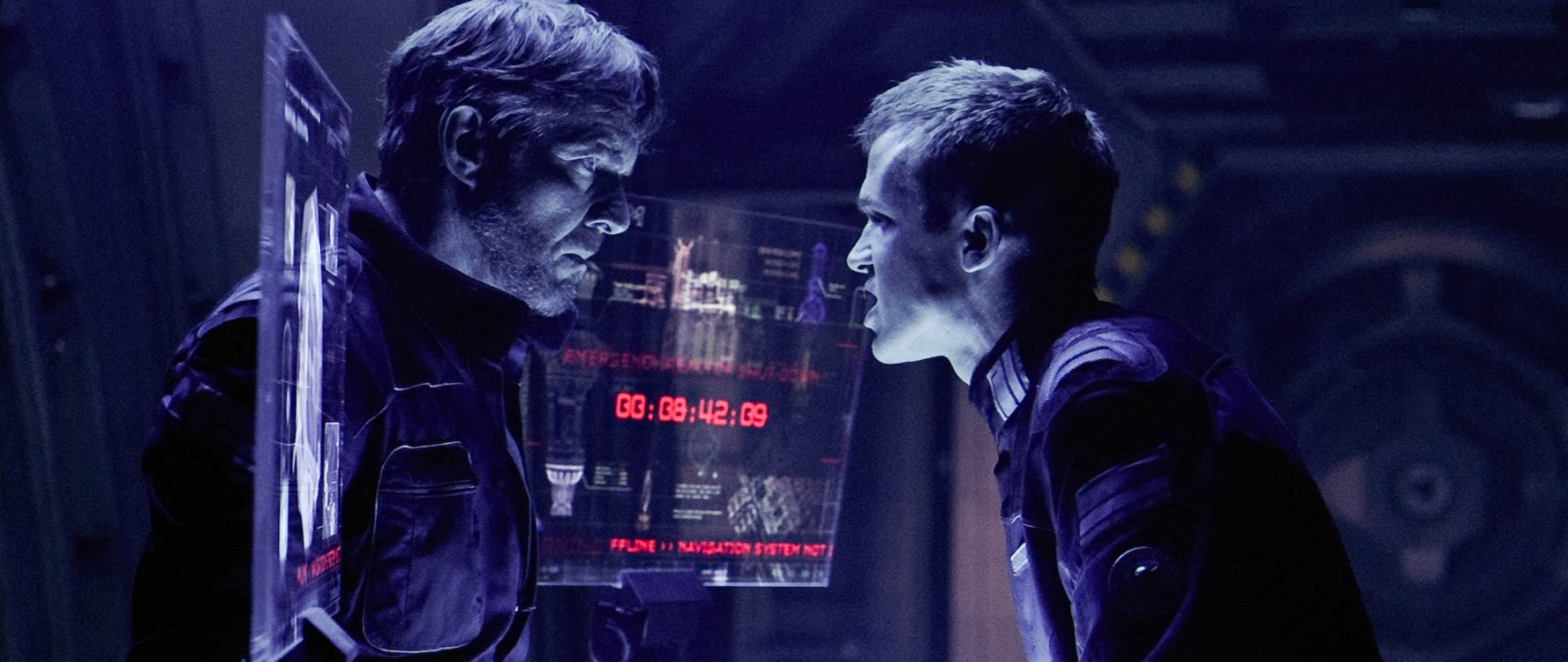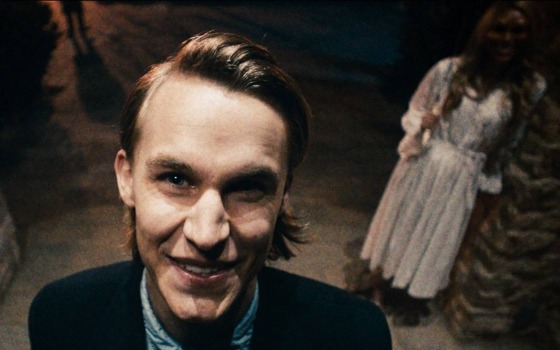
Most films are forgotten. They add their sentence to the larger cultural conversation, and retreat to on-demand menus and DVD shelves. And as technology enables more and more movies to be made with less and less money, it becomes even harder to sort through the ever-expanding ocean of cinema content.
But there are some movies that truly receive unfair treatment. Be it from bad timing, unrealistic expectations, or just a general misunderstanding of the film itself, some movies find themselves glossed over and under-appreciated – exiled to the land of bad reviews and destined to be avoided by anyone who looks up their Rotten Tomatoes score. Sometimes, the critics simply get it wrong.
These are the 10 most underrated films of the last 10 years, each one deserving to be seen in a new light, and to be appreciated in a new way.
10. In the Heart of the Sea (2015, Ron Howard)
Rotten Tomatoes Score 42%

Released only two years ago, In the Heart of the Sea came and went with hardly anyone noticing. The film is based on the nonfiction book of the same name – written by Nathaniel Philbrick – and follows the true story of whalers in the 1800s.
As noted in the films theatrical posters, it is the story that inspired Moby Dick – one of the most beloved and well-remembered books of all time. So what went wrong? Like with most underrated moves, the answer is unreachable expectations. Unfortunately, this particular film was ruined by bad timing and its own theatrical trailer which seemingly promised expansive set-pieces and nonstop action.
In the Heart of the Sea is a good film, worthy of more than its score of 42% on Rotten Tomatoes. Many have said that it flopped at the box office because The Force Awakens was to be released the following week, and movie-goers were holding out. But this doesn’t excuse the poor critical reception of the film. Critics seemed to ignore the fact that there are no real flaws in the film’s execution – instead focusing on how it hadn’t reached the grand heights to which it was aiming. But what if it wasn’t aiming there?
Contrary to the trailer, most of the film explores either the life of whalers or the struggle for survival out on the open ocean. There is action, yes, but there is also atmosphere and a basic human relationship between the camera and the characters who are suffering. Their suffering isn’t stylized or flashy; it is there to present truth, not to amaze with its grandiosity.
The film is also about storytelling and how best to portray the traumas of real-life heroes without doing them a disservice. It shows Herman Melville – the author of Moby Dick – struggling to choose which truths and which fictions to include in his story.
The giant whale is an aspect of the film, but it is not the aspect. After all, the film isn’t called Moby Dick, it’s called In the Heart of the Sea, and that’s where its focus lies. It’s just too bad so many critics decided to blame the film for it, rather than praise it.
9. Pandorum (2009, Christian Alvart)
Rotten Tomatoes Score 28%

Pandorum is a high-concept sci-fi thriller that takes place in deep space aboard a decaying spacecraft. Dennis Quaid and Ben Foster play two crew members who awaken from hyper-sleep to find themselves alone on the ship and with no memory. The ship is losing power, and they need to get to the bridge to find out what’s going on. For a sci-fi thriller, this is a promising premise, but as the Rotten Tomatoes score shows, many did not appreciate the effort.
Fortunately, they were wrong. Pandorum isn’t a perfect film, but its flaws were drastically overblown upon release. Dennis Quaid gives a solid performance as a man with questionable sanity, and Ben Foster legitimately looks like he’s trying to survive a disaster. There are good scares, high-octane fights, and clever twists and turns in the script. Not every sci-fi movie can be the next Alien, but Pandorum was just trying to be Pandorum. A vastly underrated and over-criticized film.
8. The Happening (2008, M. Night Shyamalan)
Rotten Tomatoes Score 18%
M. Night Shyamalan almost turned himself into a meme. He became the Michael Bay of horror, with twist endings instead of explosions. The Village, Lady in the Water, The Happening, The Last Airbender, After Earth, The Visit: each a link in the chain many thought would end with a cataclysmic career implosion. Fortunately, Shyamalan seems to have turned things around with Split, and hopefully he will keep his momentum going. In the middle of this chain of bad films, though, is a movie that does not deserve the hate it has garnered: The Happening.
The Happening is a film that, despite not taking itself seriously, was taken seriously by just about everyone else. The acting was criticized harshly, and the plot was bashed. But even Shyamalan himself admitted he wasn’t attempting to make a masterpiece, but rather an “excellent B-movie.” And when looking at the film through this lens, some of its flaws actually become its strengths. The characters are there to advance and explore the plot, and to be mutilated and killed in increasingly excessive ways.
The Happening is a cold-war inspired paranoia film about what it means to lose the notion of safety in its entirety, and how to survive when all that is left is confusion. It is also about people running themselves over with lawnmowers. It has range. If the film had actually been released in the 60s, it probably would have reached cult status by now. Unfortunately, it was released in 2008 and hated by almost everyone. They were wrong.
7. The Purge (2013, James DeMonaco)
Rotten Tomatoes Score 37%

The Purge has one of those concepts that everybody wishes they had come up with first. The idea is creative, thought-provoking, dystopian, and entertaining. It’s one of those ideas so simple, that anyone watching the finished product inevitably has thoughts on how they would do it differently. This desire to see a genius idea solidify into a genius film was ultimately the downfall of the movie, because the final cut is not genius.
The gap between concept and execution buried the film under a mountain of bad reviews. But expectations and wishful thinking should not dictate the quality of a film. On its own merits, The Purge stands up as a satisfying thriller with a unique premise completely undeserving of its mass critical scorn.
Ethan Hawke has an opportunity to phone it in and cash a paycheck, but instead he gives a surprisingly physical and commanding performance as the father who profits from the purge, but also cares deeply for his family. He could have been a one-note defeatist and opportunist, but he chooses to add nuance and compassion to the role, giving weight to his character’s philosophy of family-first pragmatism.
Lena Headey also gives a strong performance, especially considering her character is under-written and almost doomed to be cliché. She gives power to what few lines she has, and utilizes her expertise in conveying a strong presence even when she isn’t speaking. Many times, her facial expressions communicate what dialogue never could.
In addition to the solid casting with Hawke and Headey, The Purge has some genuinely tense moments, well-choreographed action, and a pretty solid ending. Did the film reach the heights of its grand premise? No. But it certainly reached higher than its 37% score implies.
6. Antichrist (2009, Lars von Trier)
Rotten Tomatoes Score 50%

Depressing. Repulsive. Beautifully vile. Lars von Trier’s Antichrist defies typical categorization. It is confusing, yes – as many critics are quick to point out – but not by accident. Von Trier is an expert in his field, and Antichrist is an expertly made film, wading through the layers of insanity, giving us a tour of the root of human evil: psychosis.
There is a definite shock value to Antichrist, one that critics dismiss as self-indulgent and pointless. But they fail to understand the inevitable conclusion of the type of self-delusion and psychopathy that von Trier is exploring in this film. Of course, the inevitable conclusion is physical action in accordance with the new, deranged beliefs. There is graphic nudity, mutilation, and torture, but only as the unavoidable consequence of sustained (and secret) demonic beliefs.
The film takes no sick pleasure in showing the viewer these acts; they are raw and unsettling, and perhaps most disturbingly, without any accompanying score or any other distracting presence. The violence is quiet, which makes it even more disorienting.
Willem Dafoe and Charlotte Gainsbourg commit fully to their roles, lending intense physical performances to the film – without which it would have surely failed. They are the only two actors in the movie, and any insincerity or emotional overreach could have crippled the impact of the final product. Fortunately, no such thing happens. They are dedicated, sincere, and for Gainsbourg specifically, quite terrifying.
Antichrist is a claustrophobic and fevered look at a woman descending into her own madness, and a husband determined to show her the way out of it. It is not gentle or forgiving – a fact that pushed many critics away – but it is beautiful in its own muted way. It is a film that almost reaches the heights of a masterpiece, and surely lands higher than the 50% score it was given.